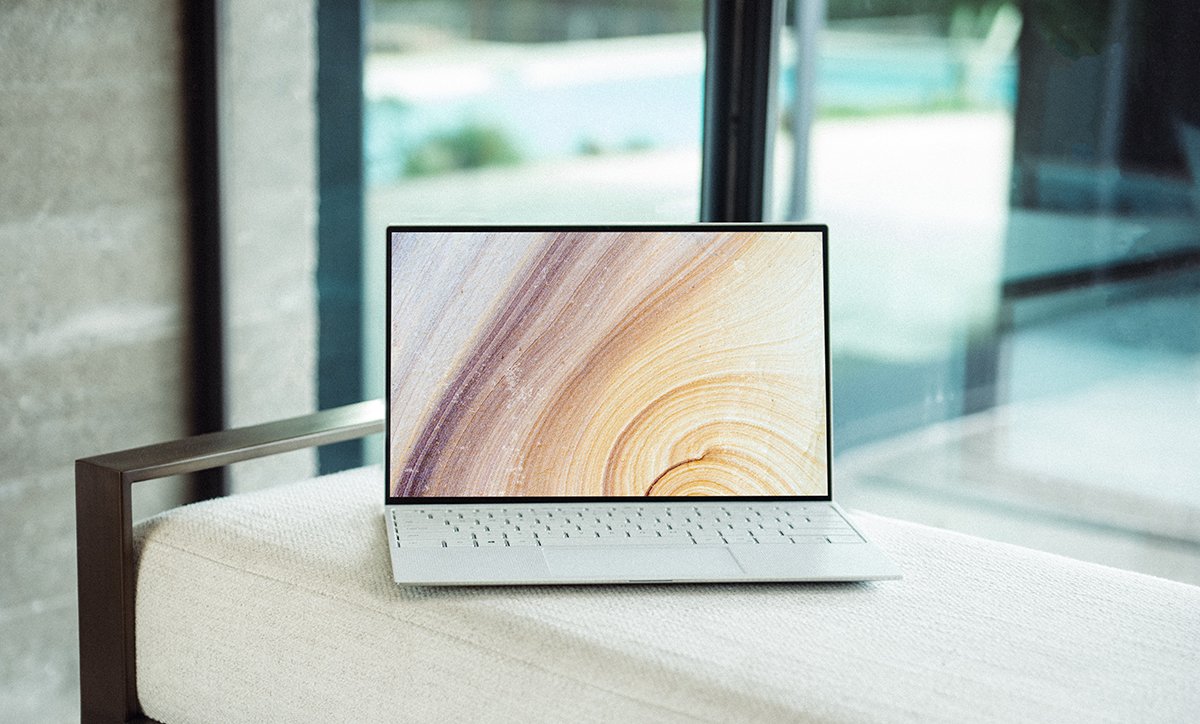This is the number one problem with old computers, when your computer is slow to start up or when the program starts up, it needs to be cleaned up. Fortunately, a few simple actions allow him to breathe and gain speed. instructions.
Before proceeding with this process, feel free to run a scan of your entire computer with an antivirus program. It can really point the finger at malware that can change its functionality and make your computer slow. Some may be running in the background.
In the absence of a virus or malware, here is the procedure to clean your Windows PC.
How to clean a hard drive
Under Windows, the Disk Cleanup tool can actually do an interesting first sort of a slow computer. In Windows 10, we find this tool very easily.
In this case, go to the taskbar and click in the search box. By typing “Disk Cleanup”, Windows will suggest a link to the application. Choose the drive to clean it and hit OK. Everything is automatic, so you have to let your computer do the job for it to warn you.
Note, from Disk Cleanup you can also run another function: Clean System Files. The menu will then ask you to choose the type (s) of files to be deleted. This can also be helpful in resolving slow PC issue.
Retail solution
If you have a slow computer that still relies on a classic (magnetic) hard drive and not an SSD (newer), defragmentation is a good idea as well.
Concretely, over time and the accumulation of data it stores your hard drive will tend to accumulate all this information. It is then fragmented throughout the disk, forcing the computer to search in different places for information about the file itself.
The defragmentation application allows the computer to reclassify data from scattered files thus cleaning up the process to increase speed.
Attention, if you are using a Windows 10 computer (up to 8 or 7), this OS takes care of everything and regularly reclassifies files for your computer’s internal hard drives. A priori, so there is no need to run defragmentation in this case.
However, if you work with an external magnetic hard drive (for business documents for example) then it’s interesting here to turn on defragmentation on that drive because it might be the one that’s slowing down your computer. In fact, Windows doesn’t automatically manage external disks.
The defragmentation process can take anywhere from a few minutes to a few hours. So be patient.
Uninstall unnecessary programs at startup
Over time, we take our little habits of letting the computer run many programs at startup. However, sometimes we end up forgetting some that we no longer need. However, these can still run in the background.
Take a quick tour using the following shortcut: On your keyboard, press and hold the Windows key (with the small window pictured above) and the key R. A window will appear in which you should type “Msconfig”. In the new window that appears, select “Startup”, and you will then see the program that starts with Windows. You just have to deselect the ones that do not interest you in order to cleanse this part.
Clean internet browsers
Another point that can speed up your usage on a slow computer is cleaning the browser (s) used for surfing the internet. Chrome, Firefox, and Microsoft Edge … store a large number of cookies and information which is supposed to speed up your browsing process. However, over time, the stored data can make some operations cumbersome. So it is recommended to clear the full cache and history regularly.

“Certified gamer. Problem solver. Internet enthusiast. Twitter scholar. Infuriatingly humble alcohol geek. Tv guru.”


![[© Van Tay Media/Unsplash]](https://technewsinc.com/wp-content/uploads/2021/04/My-Slow-Computer-How-to-Clean-It-Up.jpg)



